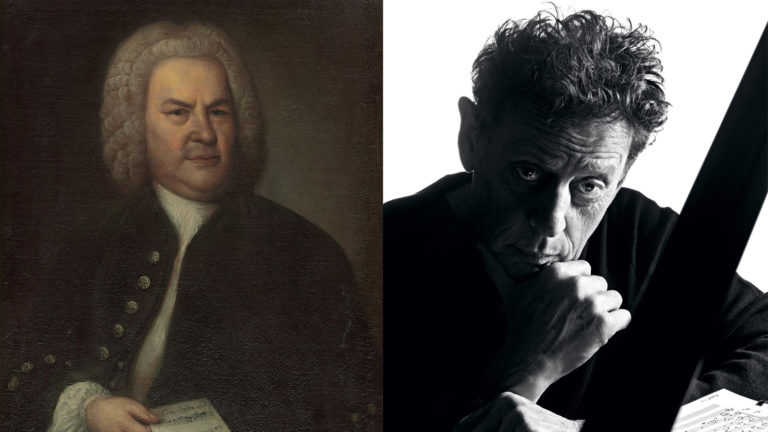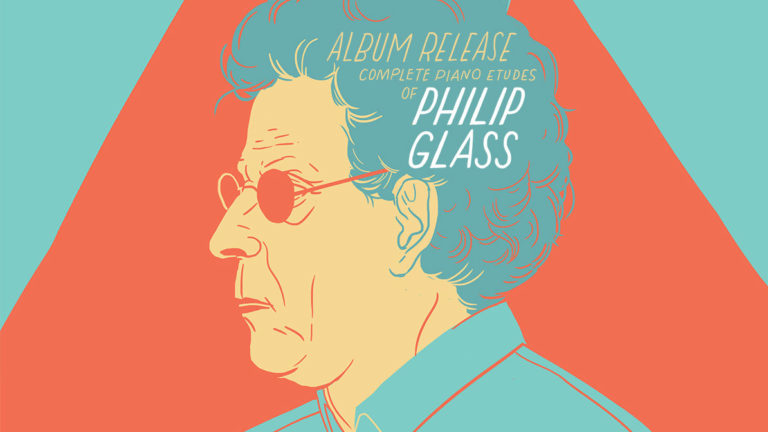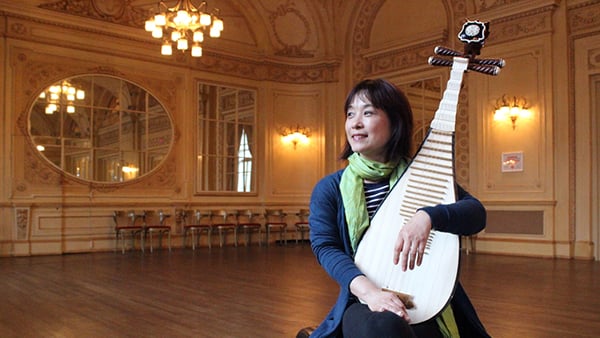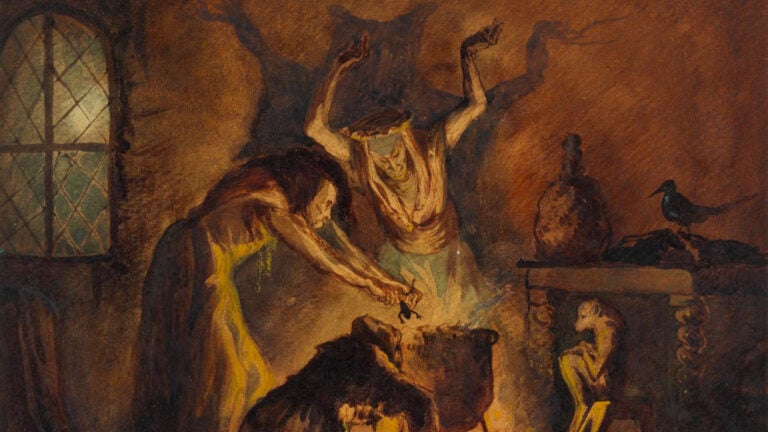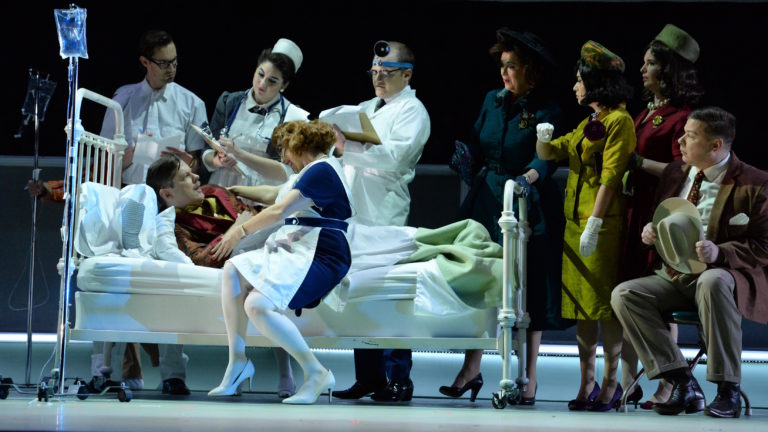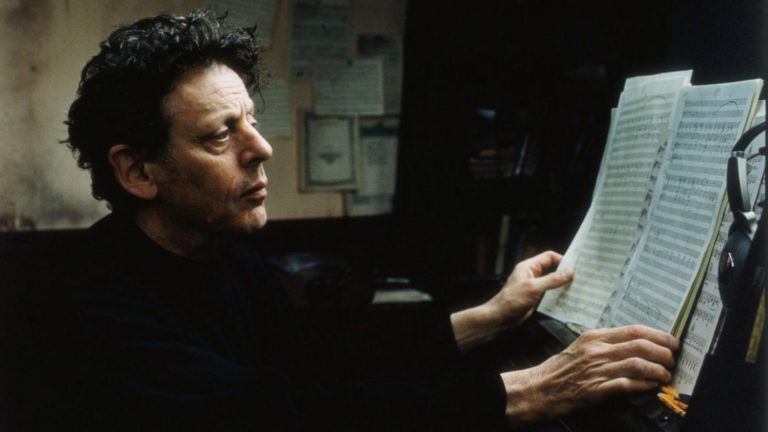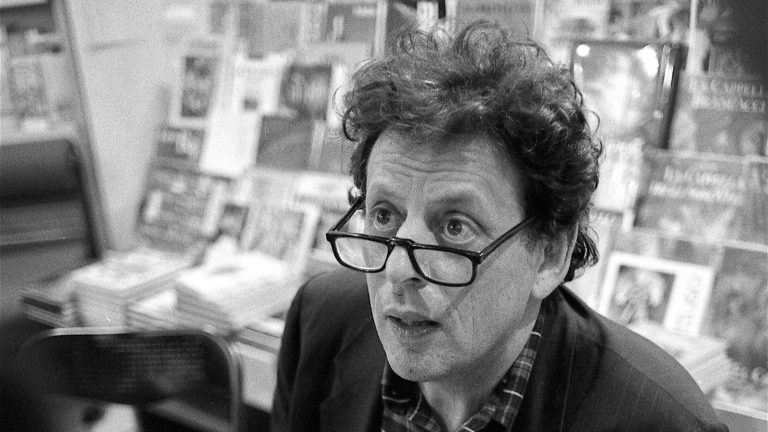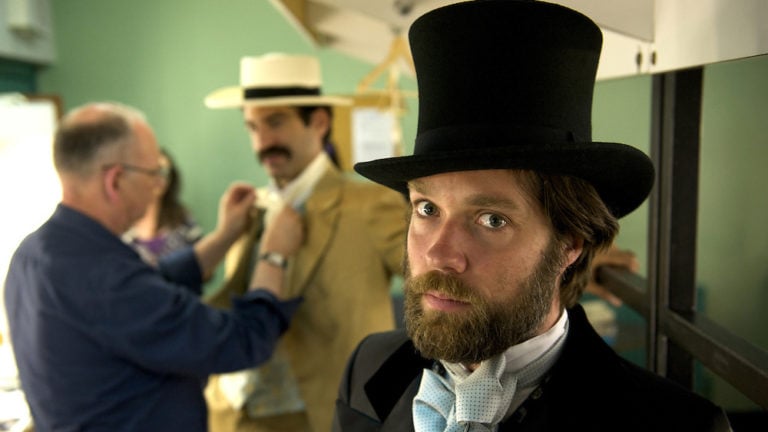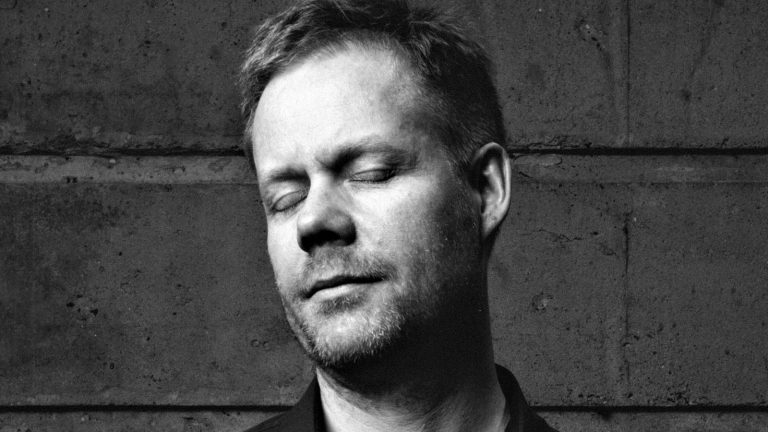Home | Philip Glass | Page 2
Violinist Anne Akiko Meyers takes a ‘spiritual journey’
Anne Akiko Meyers is one of today’s most in-demand violinists who keeps alive the favorites of the repertoire but also is deeply committed to the music of living composers.
Kennedy Center honors for Cher, Reba McEntire, Hamilton
The national arts center also announced Wednesday a special award for the genre-bending musical Hamilton, as part of the gala set for December 2.
What do Philip Glass and J.S. Bach have in common? More than you think, according to pianist Simone Dinnerstein.
Despite being born centuries apart, Philip Glass and J.S. have much in common than you’d think.
How legendary pianists Katia and Marielle Labèque found freedom through new music
Katia and Marielle sat down to share their passion for rarely-performed gems, their love of new music, and how living composers have helped them find the freedom that fuels their artistry.
Video: On Philip Glass’ 81st Birthday, Jenny Lin Plays His Complete Piano Etudes
Production company Access Contemporary Music has partnered with the esteemed Manhattan venue, LPR – (Le) Poisson Rouge a multimedia art cabaret founded by musicians on the site of the historic Village Gate. Pianist Jenny Lin is taking the stage for the first in this exciting new series. This concert is celebrating Philip Glass’ 81st birthday with a live performance of …
Video: Jennifer Koh Plays 6 New Works That Redefine Violin Virtuosity for the 21st Century
Niccolò Paganini’s 24 Caprices for Solo Violin, Op. 1 has defined virtuosity on the solo violin for nearly 200 years. Violinist Jennifer Koh is changing that.
VIDEO | Pipa 101 with Wu Man
“Surprisingly, people will come up to me after [concerts] and say, ‘Oh that sounds like a banjo! That sounds like a harp! That sounds like a guitar!’”
Playlist: Opera’s Most Ghastly Ghouls, Ghosts, and Goblins
The opera house can be a scary place – and we’re not talking about all those crazy singers and their shenanigans backstage! Many operas contain ghastly ghouls, ghosts, goblins, witches, dragons, and all kinds of crazy creatures. Here are some of the most frightening pieces from the history of opera.
“Difficult, But Worth It”: Singers Share Their Secrets to Memorizing Opera Scores by Philip Glass
Anyone who’s ever tried to sing or play an instrument knows that hard work and practice are essential to make a performance successful. But performing music from memory presents another challenge. The repetitions Glass uses make memorizing his music particularly difficult.
Video: What Choreographer Justin Peck Listens for When Picking Music for Dance
Renowned choreographer Justin Peck took a break from his rehearsals with the Joffrey Ballet to explain what he listens for when selecting music to choreograph.
How Angélique Kidjo Went from Hating Classical Music to Collaborating With Philip Glass
Kidjo’s curiosity about classical music was sparked in an unlikely way. Her father started playing Beethoven on the banjo.
Philip Glass: “What’s Most Misunderstood About My Music”
Philip Glass is simultaneously one of the best known and most misunderstood composers of our time. Though he has many fans, he also has many critics.
Chicago Fringe Opera Brings Rarely Performed Glass Opera ‘In the Penal Colony’ to the Windy City
At 79 years old, Philip Glass has composed 27 operas. Yet, only a handful have been performed in Chicago, though the composer spent formative years in the Windy City as a student.
Did You Know Philip Glass Wrote Music Inspired by David Bowie?
David Bowie, who passed away January 10, 2016 at age 69, inspired artists in every medium over the decades. Philip Glass is one of them: his Symphony No. 1 “Low,” composed in 1992, is based on Bowie’s album, Low, and his Symphony No. 4 “Heroes” is based on Bowie’s Heroes.
Playlist: Rufus Wainwright’s 3 Favorite Opera Composers
Opera has always been important to composer Rufus Wainwright, though many know him as the man behind the piano crooning confessional songs.
Why Composer Max Richter Wants To Put You to Sleep
Composer Max Richter wants people to doze off during his latest composition, SLEEP, which he calls an “8-hour lullaby.”



